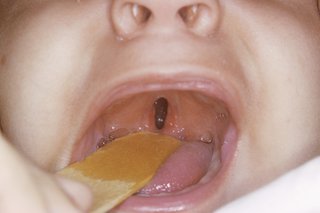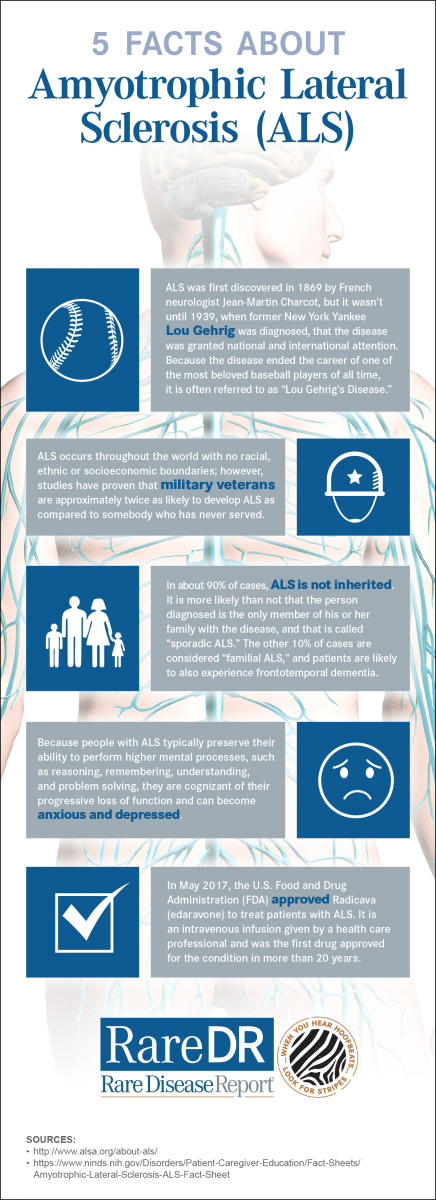Genetic studies in humans have demonstrated that Cleft lip with or without cleft palate CLP have a diverse genetic background and probably environmental factors influencing these malformations. Genetics can play a role in the development of clefts if one or both parents pass down a gene that makes a cleft palate or lip.
 Cleft Lip And Cleft Palate Earwell Center Of Excellence
Cleft Lip And Cleft Palate Earwell Center Of Excellence
A cleft lip or cleft palate or both is not caused by anything the parents did or did not do during the pregnancy.

Is cleft lip hereditary. In general sporadic cases with no family history may be more related to environmental risks while the presence of one or more affected relative in the same family strongly suggests that genetic factors are the main contributor. CLEFT has funded research into another gene which can cause cleft palate TBX22. Cleft lip and cleft palate are common birth defects affecting thousands of babies every year in the United States.
Are Cleft Lips Genetic. The aim of this CLEFT funded study is to understand which genes or genetic changes causes cleft lip and palate. The genes a child inherits from their parents although most cases are a one-off smoking during pregnancy or.
At the end of the day is cleft lip genetic. Is Cleft Lip Palate Hereditary April 24 2021 masuzi Cleft lip palate association what causes cleft palate is it a genetic disease quora cleft lip and palate earwell center of excellence cleft lip and palate understanding genetic environmental influences nature reviews genetics. The causes of cleft lip and cleft palate or both are unknown although hereditary genetic factors sometimes play a small role.
New research uncovers the genetic mechanism behind these defects. Most orofacial clefts are caused by the interaction between genetic and environmental factors. The cause of cleft lip is often unknown in most children.
Clefts of the lip andor palate CLP are common birth defects of complex aetiology. Cleft lip relatively common congenital deformity in which the central to medial upper lip fails to fuse properly during the second month of prenatal life resulting in a fissure in the lip beneath the nostril. Is cleft lip genetic.
A cleft lip occurs when there is a split or opening in the lip. However family history and genetics can affect a childs risk of developing one. Once colloquially known as harelip cleft lip may be unilateral or bilateral.
Since this complex connects to other genes previously associated with non-syndromic and syndromic cleft lip and palate the findings could lead to new diagnostic tests and treatments for cleft lip and palate. Although there has been marked progress in identifying genetic and environmental triggers for syndromic CLP. In a few cases cleft lip and palate is associated with.
The genetic pathway that emerged from this data is arguably one of the most significant advances in cleft lip and palate genetics in the last 15 years said Cox who is also a professor of. However if youre thinking of having a baby make sure to discuss your concerns and any ecological threats that might affect them with your doctor. We are doing this by studying large families where more than one family member has a cleft to see what is commonly inherited.
Cleft lips are one of the most common birth defects in the US with the Centers for Disease Control and Prevention CDC estimating about 4440 babies will be born with a cleft lip this year. CLP can occur in isolation or as part of a broad range of chromosomal Mendelian or teratogenic syndromes. Cleft lip andor cleft palate CLP collectively are well known as being amongst the most common birth defects but we still have difficulty explaining why the majority of cases occur.
Parents-to-be often worry about these conditions and naturally wonder. Yes risk of cleft lip can be passed down through you or your spouses genes and presdispose your child. Even the healthiest well-planned pregnancies can result in a cleft and this is no ones fault.

/als-lou-gehrigs-disease-life-expectancy-2223973_V2-b2ca2920c39a4ff99d0218fb2e482038-1684d71ea0cf44ae956e63e966d9ff5e.png)